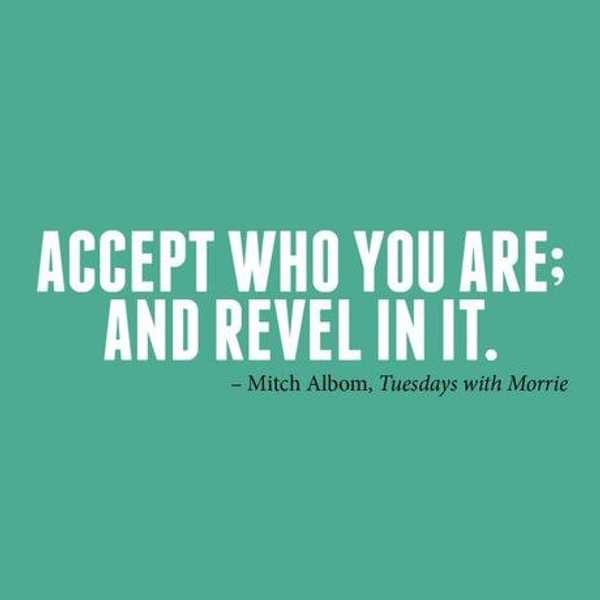For most people, the subject of free will is not a subject for debate. One can offer a variety of examples of how she is in control of her life. At this moment, I have decided to write this review. More simply, I have just decided to lift my right arm, and now my left arm. There was no external force coercing me to perform those actions. Instead, I thought of performing those actions and then executed them. Free will appears so obvious that the Supreme Court has called it a “universal and persistent” foundation for U.S. law in the 1978 case of United States v. Grayson. It also decreed a deterministic view of human action was inconsistent with the criminal justice system. A shift in thinking of free will differently would surely undermine a system built on retribution and punishment, but this is the challenging view Sam Harris proposes and defends with an intellectual ferocity in Free Will: free will is an illusion. Although an absolutist statement, Sam Harris is able to display sufficient evidence to enable a reader to think radically different than anyone else about free will.
It is easy to grasp the big ideas first. Nobody was given the freedom to choose their parents, race, country, city, town, and other universal concepts which undeniably have a massive effect on a growing individual. But there is more to it. Think of your favorite music or movies. Did you choose to like them? One can certainly refine an opinion based on terms or theories constructed by academia, but to force yourself to enjoy a particular mode of art or food is likely impossible. Why did you hate ketchup when you were young when now you eat it all the time? Where was your freedom in that decision? One day it became clear that you like ketchup, but you don’t know why. We are only conscious of a minority of the brain’s faculties and many of the choices we make are made without our consent in unconsciousness.
More disturbing is Harris’ evidence of our inability to control our thoughts and actions. Benjamin Libet’s experiment concluded the brain’s motor cortex detected movement 300 milliseconds before a person feels as though she decided to move. Still, every action we take feels instantaneous with the illusion of free will. Perhaps we are simply products of the mind within our brain? A more recent study concluded 256 neurons was sufficient to predict with 80% accuracy a person's decision 700 milliseconds before she became aware of it. These are merely two of the mind altering facts which can undermine your belief system. Although a dangerous idea to present to a world dominated in the belief of self-motivation and action, free will is more than a worthwhile subject to revisit specifically regarding the criminal justice system. While the mind remains largely a mystery, certain patterns of criminals can allow us to learn more about them and help them mentally through education. If free will is an illusion and we have little control in our lives, a system based on retribution is an assault against logic.
Perhaps you now feel anger, confusion, and a willingness to argue against Harris’ claims. But where did that anger come from? Are you in total control of it? Anger, if you focus on it, will also subside without your knowing it. Perhaps you will even forget how it went away. This is not only true of emotional states. Take a few moments and examine the contents of your mind. Seriously, attempt to clear your mind by focusing on your breathing. Be aware of the thoughts passing through your mind. When an amateur meditator begins, she might believe she is completely clear of thought. This is false. If you are experiencing that sensation, you have so many thoughts passing through your mind that you cannot notice any of them. Thoughts unconsciously pass through you conscious just as a wind passes through an oasis. If this practice becomes habitually, you will begin to notice how many thoughts pass through your conscious. This is progress. Until then, one lives the illusion of free will by believing she is in control of her mind. The mind, however, is a mysterious device which is largely unknown to the one who believes she is in possession of it.
I truly believe the mind is beyond my power and it can do things without my knowing it. But I do not agree with all of Harris’ arguments. When giving the example of finally succeeding in eating healthy and working out, Harris claims one never knows where the inspiration to finally succeed came from. We have no choice between a glass of juice, water, and coffee because our desire will automatically lead us to the one we like. However, if one wanted to succeed in becoming healthy and was given the choice between soda and water, one can continually and consciously choose water over soda given enough time. Although it can be difficult, one can have control over certain aspects of control in her life. The majority of events, however, are beyond our control and we are merely products of the unconscious mind. Needless to say, I highly recommend Harris’ seventy page thesis against free will. It will expand your mind and force you into ideas you never thought possible.





















